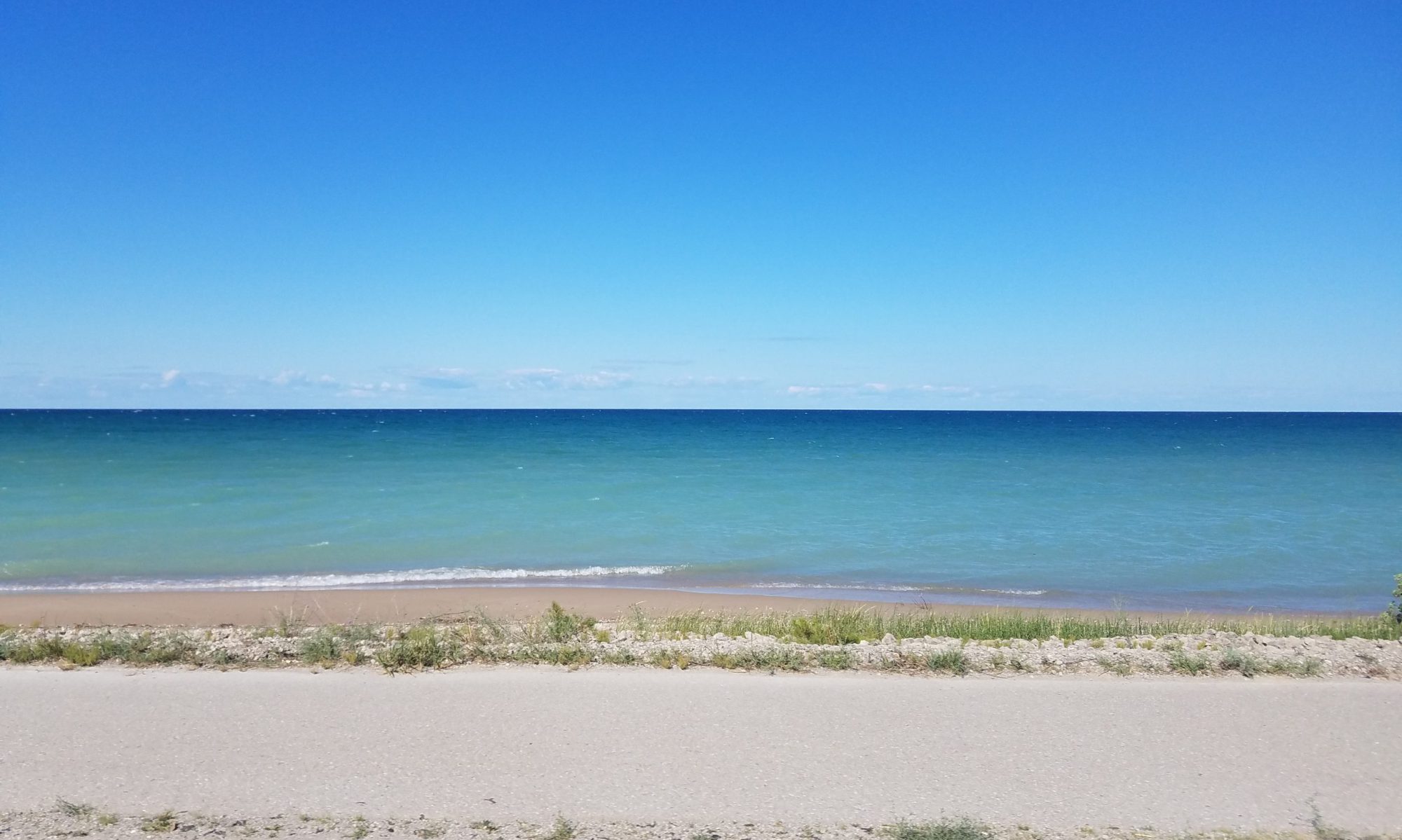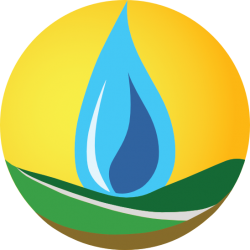Landscape Hydrology
Forecast climate and land use changes will impact water resources. Those impacts will be determined by complex interactions between ecologic, climatologic, and hydrologic systems and processes. We are particularly interested in the role that groundwater plays in moderating and controlling these interactions, and in the impact of predicted changes on groundwater resources.
Projects related to Landscape Hydrology include
- CLASS: Coupled Landscape, Atmospheric, and Socioeconomic Systems (High Plains Aquifer)
- NOAA Sea Grant: Quantifying the Impacts of Projected Climate Changes on the Grand Traverse Bay Region: An Adaptive Management Framework
- The Integrated Landscape Hydrology Model (ILHM)
Eco- and Agro-hydrology
Climate and land use changes will not only affect water resources, but they will affect water quality and availability for both natural and agricultural ecosystems as well. Mitigating those impacts depends on understanding the systems well enough to forecast possible effects and suggest revised management strategies.
Projects related to Ecohydrology include
- Nutrient management models to constrain harmful algal blooms
- Predicting the Impacts of Climate Change on Agricultural Yields and Water Resources in the Maumee River Watershed
- Sediment Loading in the Jordan River Watershed
Hydrogeophysics
Geophysical methods are capable of measuring and monitoring hydrologic fluxes and determining hydrogeologic properties at point, field, and larger scales. We have several projects that use electrical resistivity tomography (ERT) and ground penetrating radar (GPR) to determine aquifer properties and measure soil moisture changes.
Projects related to Hydrogeophysics include

